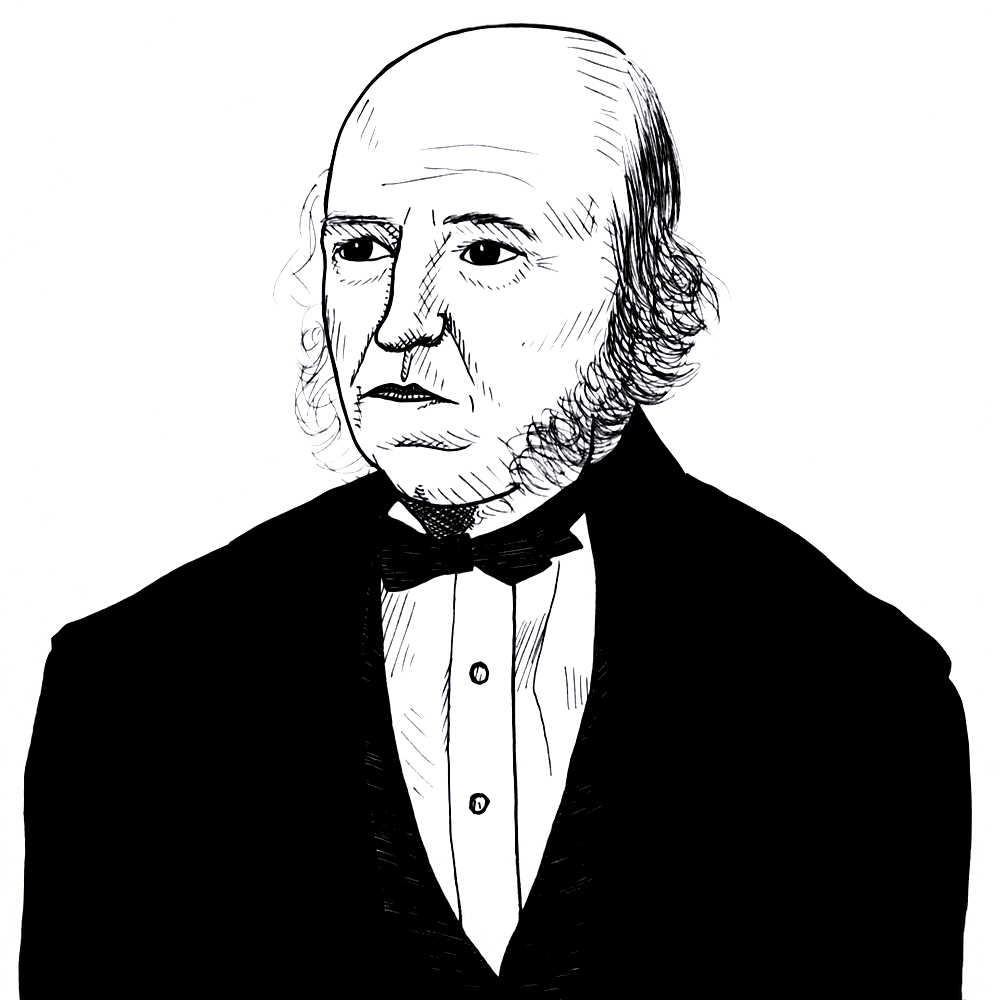
Herbert Spencer argued that in a militant type of society the state would become more centralised and administrative, as compulsory education clearly showed (1882)
Found in: Political Institutions, being Part V of the Principles of Sociology
Central to Herbert Spencer’s sociology of the state was the distinction between what he called militant types of society and industrial types of society. In the latter type of society he observed that administration by the state is either non-existent or extremely decentralized, as the following quote shows:
War & Peace
Those who are forced to send their children to this or that school, those who have, directly or indirectly, to help in supporting a State priesthood, those from whom rates are demanded that parish officers may administer public charity, those who are taxed to provide gratis reading for people who will not save money for library subscriptions, those whose businesses are carried on under regulation by inspectors, those who have to pay the costs of State science-and-art-teaching, State emigration, &c., all have their individualities trenched upon, either by compelling them to do what they would not spontaneously do, or by taking away money which else would have furthered their private ends. Coercive arrangements of such kinds, consistent with the militant type, are inconsistent with the industrial type.